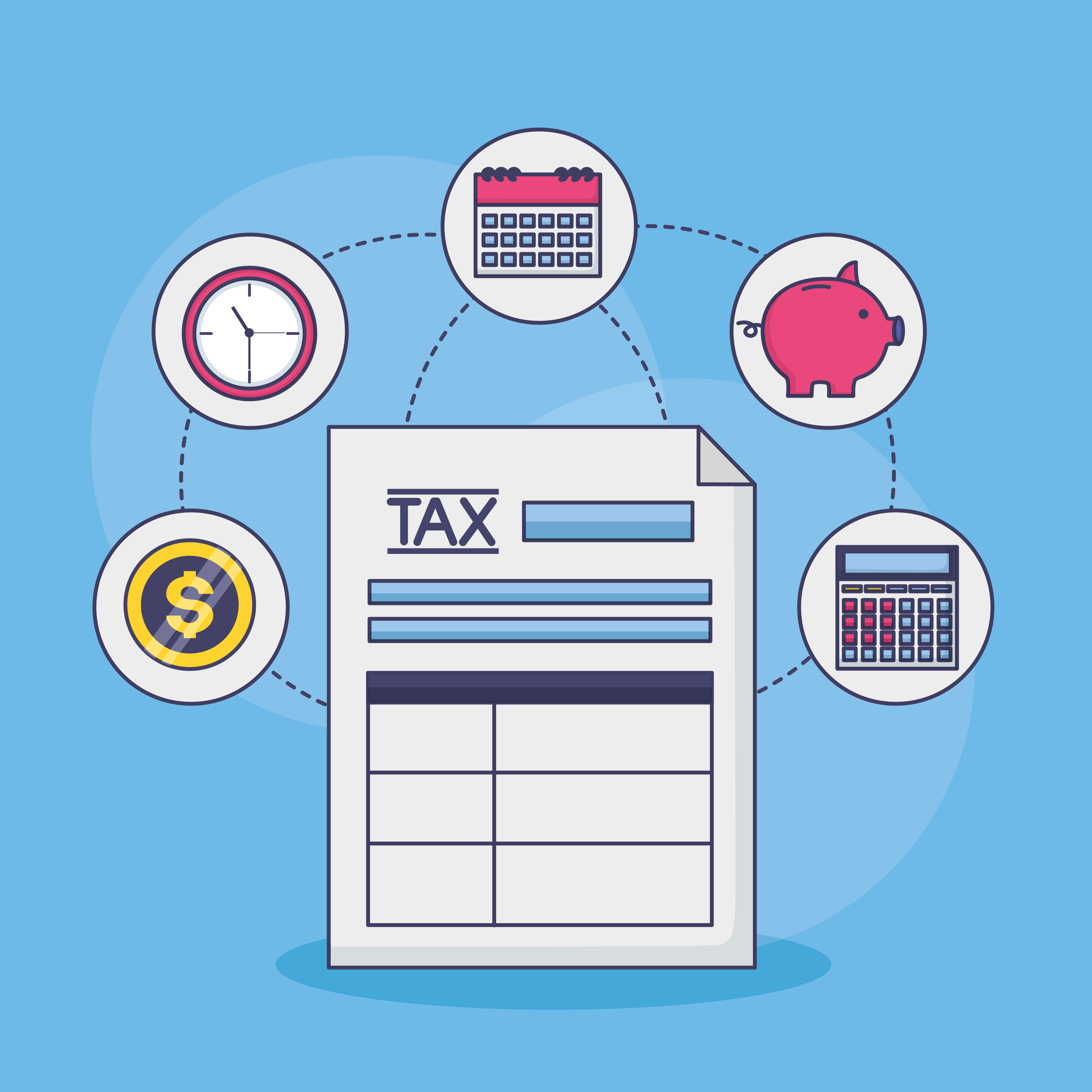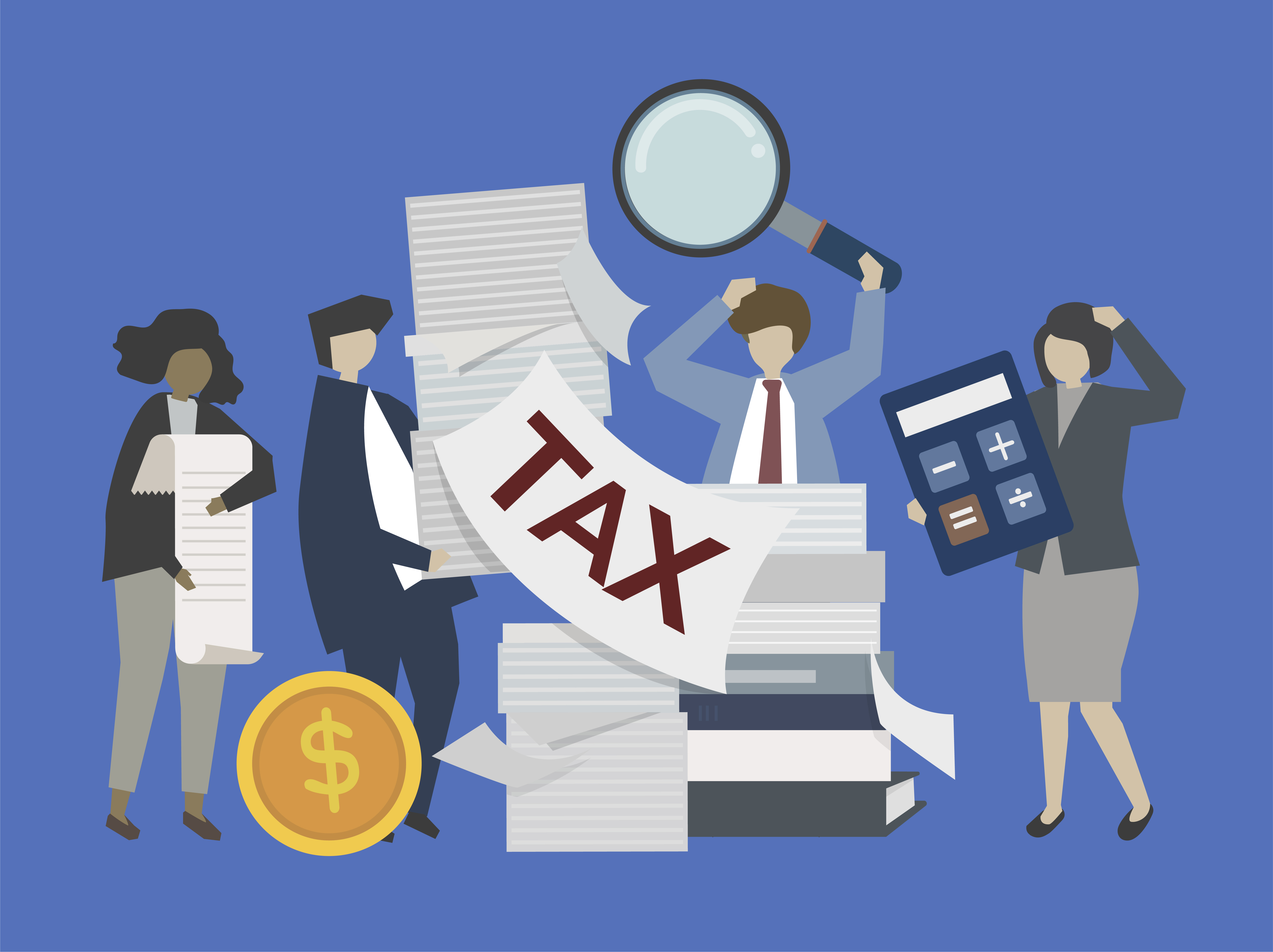- January 30, 2024
Facebook Pays No Taxes: Is That True?

In recent years, Facebook has become a dominant force in the tech industry, boasting staggering annual revenues and skyrocketing profits. However, beneath its impressive financial success lies a contentious issue that has sparked public outcry: Facebook pays no taxes. This revelation has led to widespread debate and calls for reform.
In this article, we will delve into the intricate details of this controversial topic, shedding light on the reasons behind Facebook’s tax avoidance strategies and the potential implications for society.
The Rise of Facebook’s Profits
Since its initial public offering, Facebook’s financial performance has been nothing short of remarkable. Its annual revenues have surged by an astounding 250%, soaring from approximately $8 billion in 2013 to nearly $28 billion in the most recent fiscal year. Concurrently, the company’s before-tax profits have experienced a four-and-a-half-fold increase, reaching an impressive $12.5 billion.
However, these remarkable figures have been accompanied by allegations of tax avoidance, raising questions about the fairness and ethical implications of Facebook’s financial practices.
The Tax Loopholes Exploited by Facebook
One crucial aspect of Facebook’s tax avoidance strategies revolves around the utilization of the notorious “stock option loophole.” This loophole allows companies, including Facebook, to compensate their executives with stock options, enabling them to purchase company shares at a discounted rate. When these options are exercised, the company can deduct the difference between the stock’s value and the employee’s payment from its taxable income.
Remarkably, Facebook managed to save a staggering $5.8 billion in taxes between 2010 and 2015 by exploiting this loophole. Consequently, American taxpayers have effectively subsidized exorbitant compensation packages for Mark Zuckerberg and other Facebook executives.
Furthermore, Facebook has likely evaded U.S. taxes by claiming that $2.9 billion of its profits were earned offshore and are “permanently reinvested” outside the United States. It is suspected that a portion of these offshore profits reside in Facebook’s subsidiaries located in well-known tax havens such as Ireland and Singapore. This practice has further exacerbated public scrutiny, as it raises concerns about the fairness and legality of Facebook’s international tax planning.
The Controversy Unveiled
The revelation that Facebook pays no taxes, or pays significantly lower tax rates than the statutory corporate tax rate, has ignited a firestorm of criticism and sparked calls for reform. Between 2010 and 2015, Facebook’s average U.S. tax rate stood at a mere 16.5%, less than half of the official corporate tax rate.
Even more alarming is the fact that in three of those years, Facebook paid absolutely no taxes to the United States Treasury. This discrepancy has raised questions about the effectiveness and fairness of the current tax system, as well as the role of corporations in contributing to the public good.

The Impact on Society
The implications of Facebook’s tax avoidance go far beyond the company’s financial statements. The lost tax revenue could have been allocated to vital public services such as healthcare, education, and infrastructure. The burden of funding these services is shifted onto individual taxpayers, exacerbating income inequality and placing an undue burden on those who can least afford it.
This stark reality has fueled public outrage and intensified the call for legislative action to address the issue.
The Need for Tax Reform
The controversies surrounding Facebook’s tax practices have underscored the urgent need for comprehensive tax reform. Many argue that existing tax laws and regulations are riddled with loopholes that enable corporations to exploit the system and avoid their fair share of taxes. Calls for closing these loopholes and creating a more equitable tax framework have grown louder in recent years.
One potential solution is to eliminate the stock option loophole, which has allowed companies like Facebook to significantly reduce their tax liabilities. By treating stock options as taxable compensation, companies would no longer be able to deduct the difference between the stock’s value and the employee’s payment from their taxable income.
This change would ensure that corporations pay their fair share of taxes and reduce the burden on individual taxpayers.
The Role of International Tax Planning
The international nature of Facebook’s operations has also played a significant role in its tax avoidance strategies. By routing profits through subsidiaries in tax havens, Facebook can take advantage of favorable tax regimes and minimize its tax obligations. Addressing this issue requires international cooperation and the implementation of measures that discourage profit shifting and tax evasion.
The Public Response
The revelation that Facebook pays no taxes has sparked widespread public outrage and demands for greater corporate accountability. Critics argue that corporations should contribute their fair share to society, as they benefit from the infrastructure and services supported by taxpayer dollars.
The public sentiment has put pressure on lawmakers and regulators to take action and reform the tax system to ensure that corporations are held accountable and contribute their fair share.
Conclusion
The fact that Facebook might not pay any taxes has highlighted the urgency for a complete overhaul of the tax system. The company’s exploitation of tax loopholes and offshore profit shifting has fueled public outrage and raised questions about the fairness and ethics of its financial practices.
As the debate continues, it is clear that addressing corporate tax avoidance is essential to create a more equitable and sustainable tax system. Only through comprehensive reform can we ensure that corporations like Facebook pay their fair share and contribute to the well-being of society as a whole.
Frequently Asked Questions (FAQs)
How much tax did Facebook pay?
In the third quarter of 2023, Facebook’s financial records revealed a profit of $29.1 billion, with the company reporting an effective tax rate of 21%.
Does Facebook pay tax in UK?
Although Facebook’s UK operations recorded a remarkable £3.3billion in sales last year, they paid only £29million in corporation tax.
Does Facebook pay tax in Australia?
Facebook’s Australian branch declared that it paid a sum of approximately AU$20.2 million as income tax.
Do you have to report Facebook Marketplace sales on taxes Canada?
If you live in Canada, it is mandatory for you to disclose all your earnings from P2P or other transactions in your tax return to the Canada Revenue Agency (CRA). It is important to note that this applies to all income earned both within and outside the country.
Can you claim Facebook ads on tax?
Taxes can apply to your purchase of Meta ads depending on the country of your ad account’s ‘Sold To’ address. Visit Meta’s Business Help Center to see if information on your country are available. If your information isn’t shown on their website, information is not available for your country at this time.
Share it with your friends!
Explore
More
Ready to get started?
Harness the unmatched capabilities of ActionSprout to transform your Facebook strategy. Elevate engagement, captivate your audience, and achieve unparalleled results. Don’t wait – seize the opportunity.

